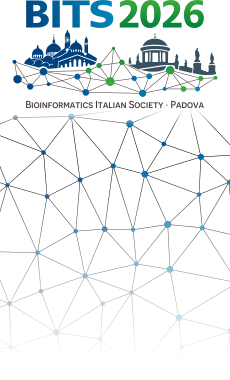An exciting opportunity for a PhD combining computational biology and functional genomics has arisen within the Faculty of Life Sciences & Medicine, at King’s College London. The group led by Dr Capon has obtained funding from the Psoriasis Association to purse a multi-disciplinary study into the molecular pathogenesis of generalised pustular psoriasis (GPP). This is a rare, but potentially life-threatening inflammatory skin disorder that is very difficult to treat. The group has already identified two disease genes and aims to build on these successes to uncover further genetic determinants for the disease.
The specific aims of this project will be to:
- Compare the transcriptome of GPP patients and control individuals, to uncover pathways that are affected by differential gene expression;
- Use network analysis to reveal key genes that drive the de-regulation of entire transcriptional modules;
- Identify novel disease causing alleles through a mutation screening of the critical genes identified by network analysis;
- Use in-vitro and ex-vivo approaches to characterise the impact of newly identified disease alleles on cytokine production;
The data analysis will be carried out under the supervision of Dr Ciccarelli, who leads an internationally recognised computational biology group, while the experimental work will be undertaken in Dr Capon’s lab. This arrangement will provide exposure to different research environments and will allow the student to acquire a unique set of dry- and wet-lab skills. Adequate training will be provided and while previous experience in data analysis would be desirable, a background in computational biology is not required. The position will be available from 1 Jan 2016
Funding Notes:
This fully funded studentship includes tuition fees at Home/EU rate and an annual stipend of £15,863 for three years. Overseas students may still apply but would be required to pay the difference between UK and Overseas fee
References:
Hussain S, Berki DM […] Barker JN, Capon F. IL36RN mutations define a severe auto-inflammatory phenotype of generalized pustular psoriasis. J Allergy Clin Immunol 2015 135:1067-1070
Setta-Kaffetzi N, Simpson MA […] Barker JN, Capon F. AP1S3 mutations are associated with pustular psoriasis and impaired Toll-like receptor 3 trafficking. Am J Hum Genet, 2014 94:790-7.




